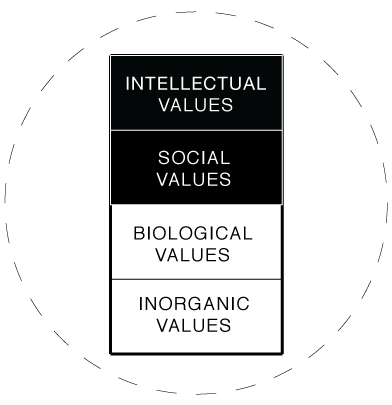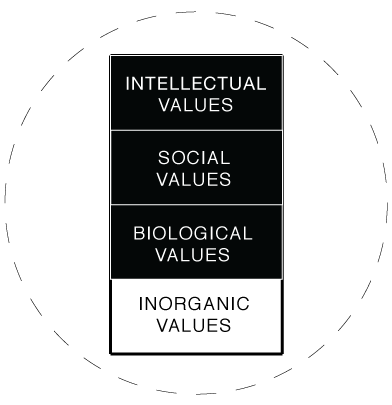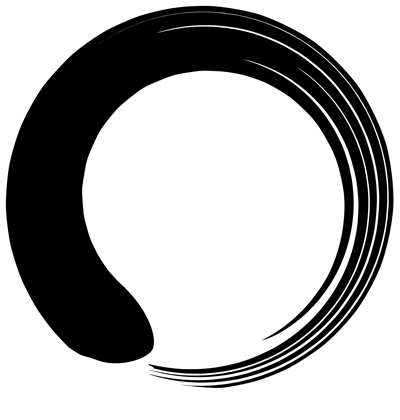Improving the intelligence of strangers - Modern Day Socratics
Look out! We have Ancient Greek Socratics walking amongst us! They roam the streets of the world and question anyone willing to chat about their beliefs.
Welcome to a growing phenomenon known as Street Epistemology. Just like Socrates, the adherents to this movement claim to only be interested in the truth! They strive to - at the very least - raise some serious doubts in their interlocutors mind whilst they have a friendly chat about what some of their beliefs are..
From a Metaphysics of Quality perspective this is on balance a good thing.
Encouraging people to think further about things they claim to believe in is only healthy and mostly an invitation to be a better person who is more intelligent. Encouraging intellectual thought like this is moral according to the Metaphysics of Quality (MOQ).
Belief from a metaphysical sense is a very slippery word and so is not supported by the MOQ. Quality isn’t something you believe in. Quality is something you experience. And unlike anyone’s belief it can be empirically supported. Folks can’t get out of bed without deciding that it's better to do so!
That said, I think that Street Epistemologists, as with all modern day intellectuals, can improve their arguments around this so they are even more persuasive in their striving for the truth.
An illuminating part of the discussion above is where the interlocutor, Madison, is clearly taken by Anthony's intellectual honesty and is curious to know what it is that drives his pursuit for truth. The answer he provides her as the 'believer' at first doesn't seem to satisfy until he provides a very curious closing sentence.
"It's about trying to make the world a little bit of a better place."
Madison looks curious as if asking for more..
"I guess my presupposition is that the more true things that we believe - the better it will be for humanity.'
To lay this out from a Metaphysics of Quality perspective - it should be clear here firstly that Quality is indeed what is driving his pursuit of the truth in that first sentence. The second sentence is even more curious however as he appears to imply that he simply believes that things are true as well. That's Truth! Based on a belief? Where's the 'solid foundation' gone?
This seems like a simple problem that should have a simple answer but within a Subject-Object Metaphysics there is no such foundation. It is indeed only a belief that truth is fundamental and sound. And just like every other statement it is open to dialectical questioning. This is not the fault of Anthony but a clear metaphysical flaw of the Subject-Object Metaphysics from which he is operating. Of course the solid foundation of truth is Quality but he can't say that. He doesn't have the Metaphysics for it. It would for sure be interesting to have conversation with him about this. A future blog post perhaps?
In fact it would be interesting to perform Street Epistemology in much the same way as Anthony does - for the most part very skillfully - but with a key difference. And that difference would be an explicit understanding of the foundation of truth and what we are all indeed stiving for and living. Quality. A Modern day Sophist.



